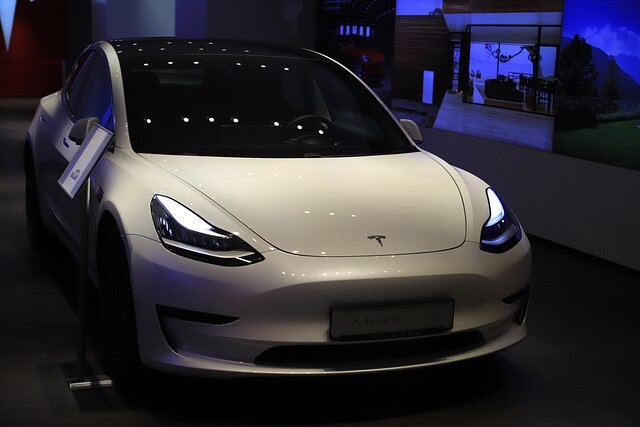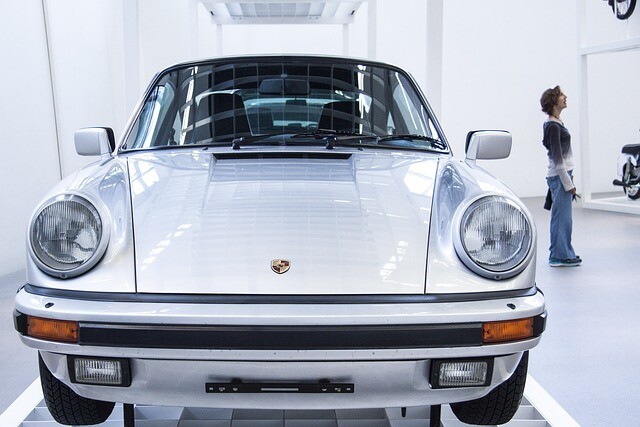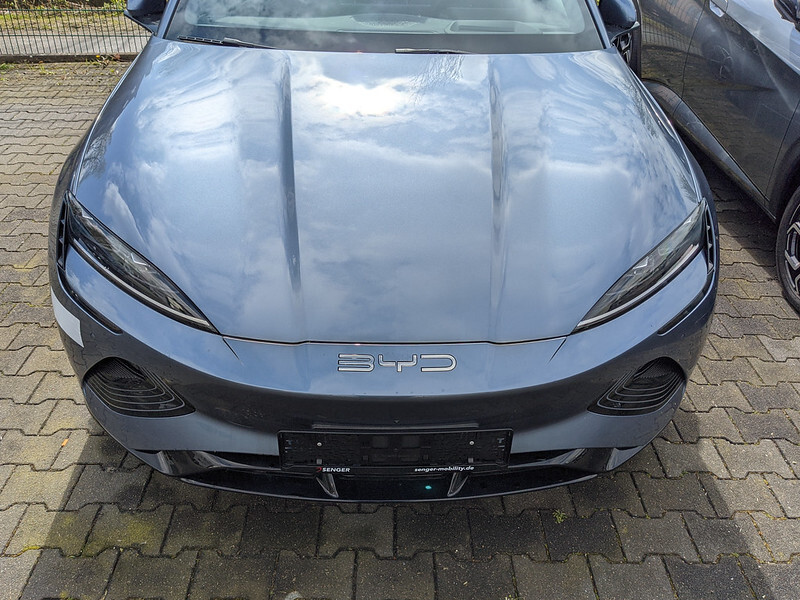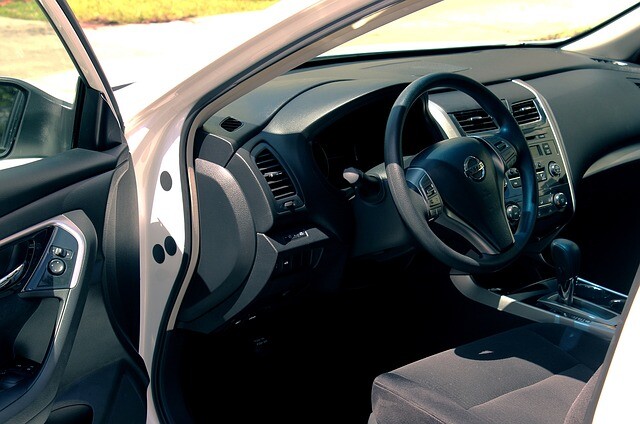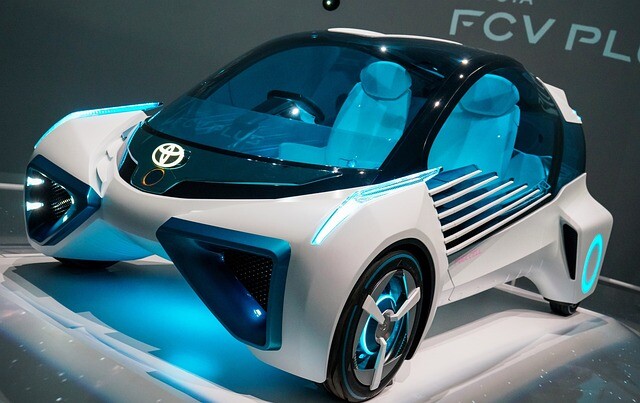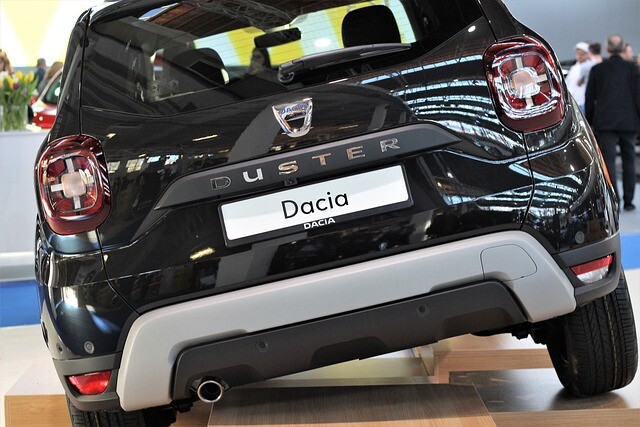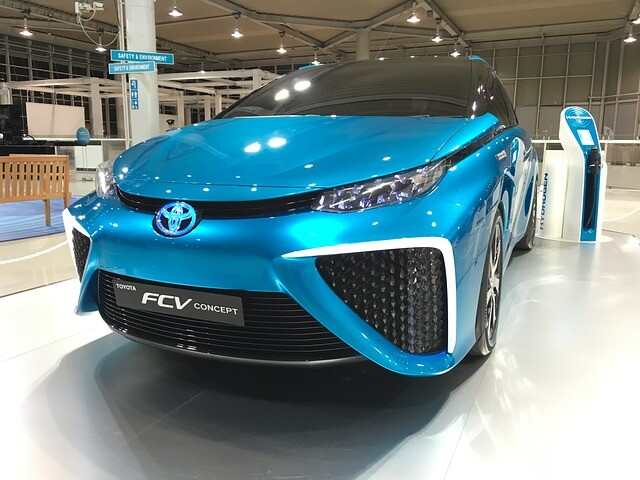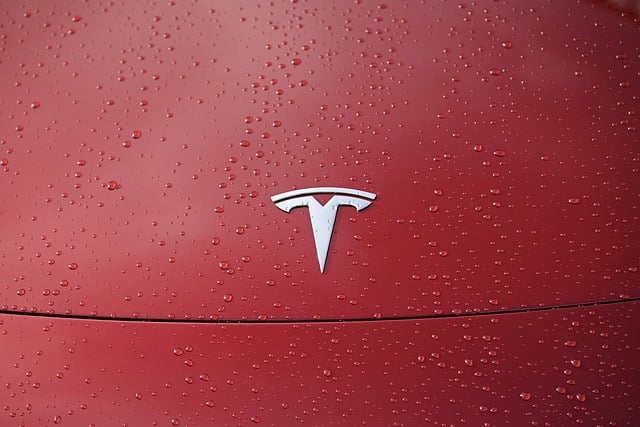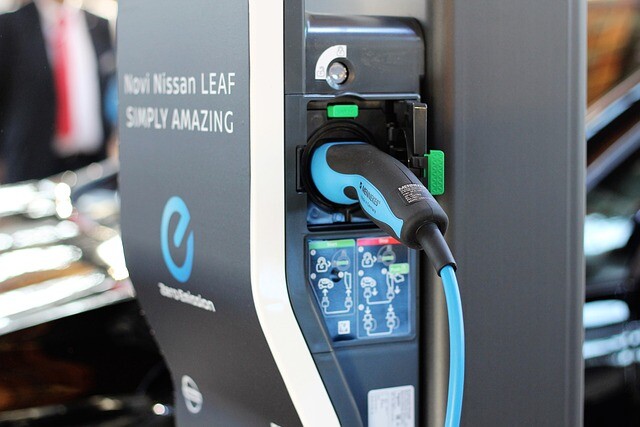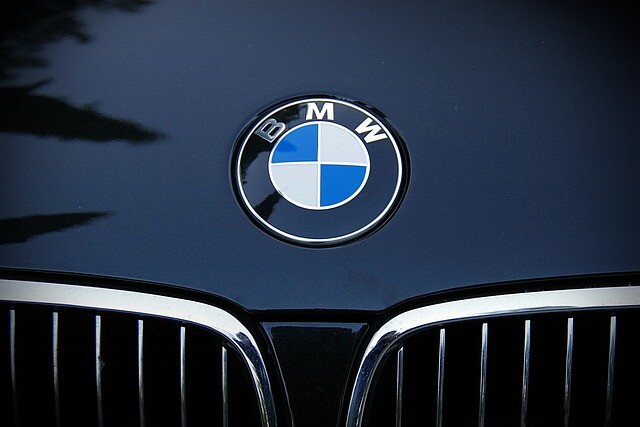VDA: the world market turnover of passenger cars is increasing this year
The world market turnover of passenger cars and the production of German automotive companies will also increase this year, but it will still fall short of the pre-corona crisis level, according to the announcement of the VDA, the professional representative organization of the German automotive industry, on Wednesday.

According to the VDA (Verband der Automobilindustrie) estimate, global passenger car sales this year will increase by 4 percent compared to last year to 74.0 million, but this is still 6.5 million, 8 percent below the turnover of the last year unaffected by the epidemic.
Manuel Kallweit, the VDA's chief economist, said at a press conference on Wednesday that vehicle sales are expected to increase in Germany this year, but also at a level below the pre-crisis level. "For the German market, we expect a growth of 2 percent, which will rise to a good 2.7 million. However, this is still a quarter less than in the year 2019 before the crisis."
In Europe (the EU27, EFTA and the United Kingdom together), the sale of passenger cars will increase by 5 percent to 11.8 million units, according to the estimate of the German professional organization.
The US light vehicle market is expected to grow by 4 percent to 14.2 million in 2023. China, where the market was already at a high level in 2022, is expected to grow by only 3 percent to 23.7 million passenger cars in 2023. The Chinese market has already reached its pre-epidemic level in 2022.
Thanks to the gradual easing of supplier difficulties, domestic German passenger car production may continue to grow in 2023, according to the VDA's calculations, by 6 percent to 3.7 million - this is still 20 percent below the 2019 volume. The German automotive concern will produce 10.3 million passenger cars this year, 6 percent more than in 2022, but less than the 11.4 million in 2019.
Manuel Kallweit pointed out that after the coronavirus crisis, the consequences of the war in Ukraine, especially the energy crisis, mercilessly revealed the weaknesses of Germany as a business location. "Geopolitical developments have convincingly shown that our previous economic model does not mean an automatic guarantee of prosperity. While intense competition between international production sites has begun, Germany is now - in addition to the ongoing crisis management - forced to face the fact that from now on its business strategy is much better Müller also warned that Europe must use a conscious and targeted economic policy to ensure that it does not come out as a loser in the process of the global center of gravity shift.
"Industry is and will remain the engine of Germany's prosperity, and this engine needs a safe and sufficient energy supply in the long term, for which all opportunities must be exploited. Energy must not become a luxury item for industry and consumers," emphasized Müller.
"Excellent infrastructural conditions must be ensured in order for Germany to remain an attractive location for investment, innovation and production," he stated.
(Source: autokalauz.co.hu; MTI | Image: pixabay.com)

